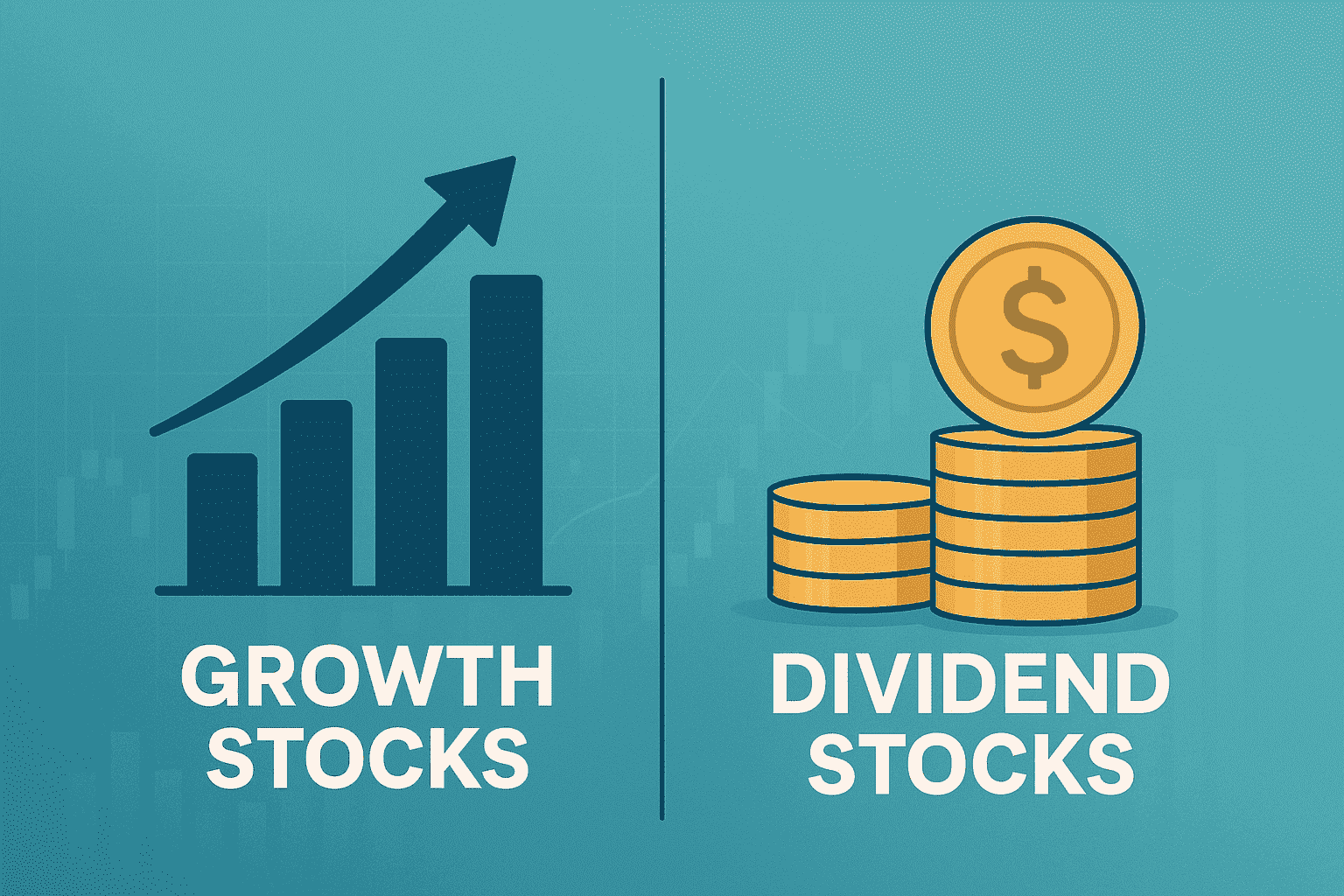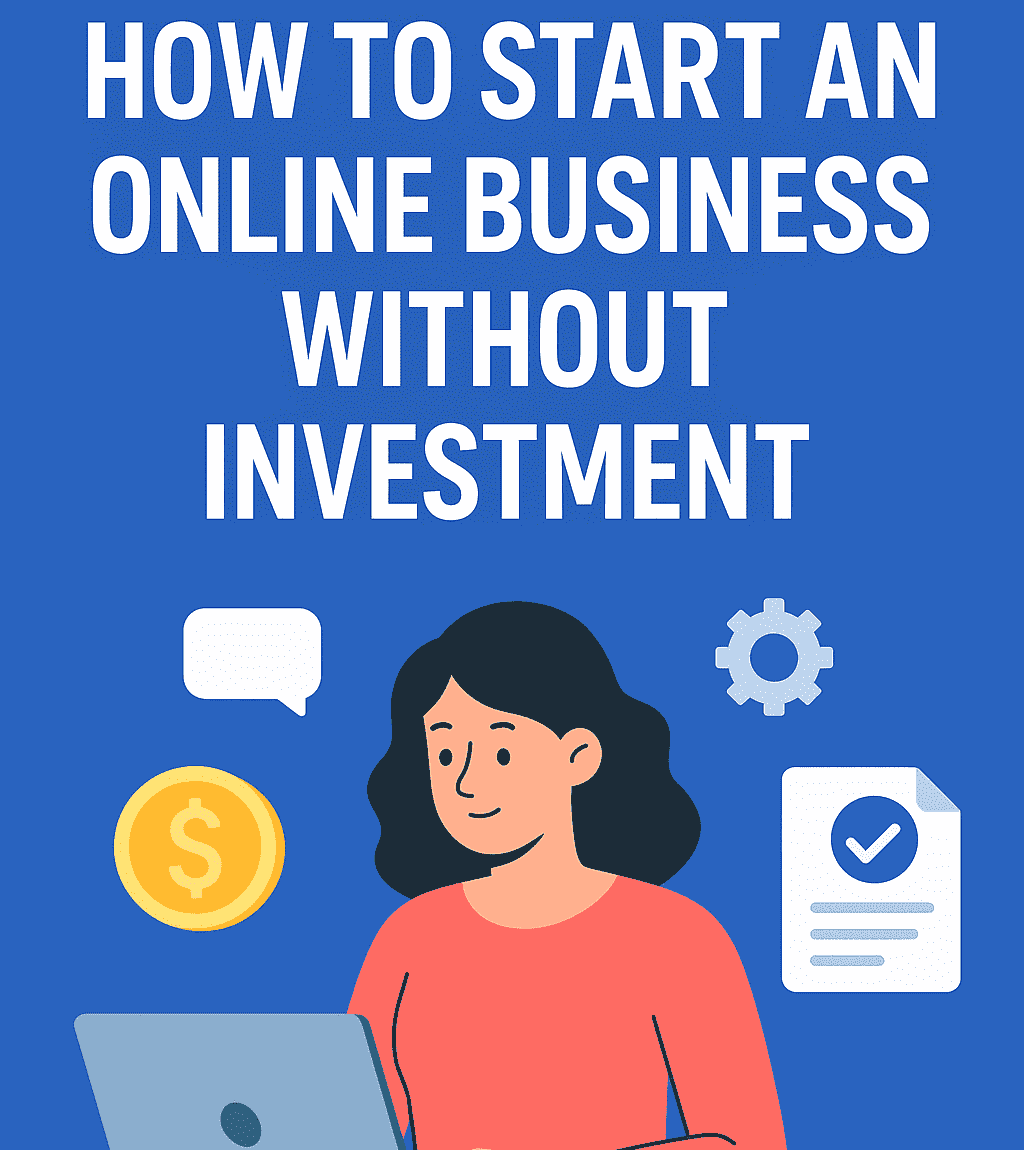Good video wall displays are vital at small events, community gatherings, or business seminars—where a clear and bright screen can keep the audience engaged and make your event memorable.
Renting TVs for small events is one problem that arises when quality is balanced with the budget. You want a good screen without breaking the bank. It is hard as you want to maintain quality.
This article is here to help event organizers work around this dilemma with some very affordable solutions. We will take you through the list of local renting shops, online platforms, and refurbished TVs. After all, it’s all about practical advice that helps you make the decisions you can make to ensure your small event can shine without a hole in your budget.
The Needs of Small Events
Small events are gatherings where there are few people. They can be versatile, from birthday parties to school fundraisers or business meetings. They are basically small in terms of numbers as compared to the size of a big conference or a festival. For example, a picnic with neighbors or a workshop with a few friends is small in scale but important in bringing people together and sharing ideas.
Several considerations have to be made when renting a TV for a small event. You have to choose a TV according to the size of the room and the size of the people at the event. It should be big enough to be seen by everybody easily. The quality that matters is the quality of the picture: bright and nice images. Finally, it should allow easy connections with other devices, such as laptops or phones, to display video or slideshows.
Most people, especially when planning small events, are often tight on budget. Therefore, it is essential to find the best television rentals that will only take a little money out of your pocket but will instead serve the purpose well.
Affordable TV rental options assure you that more than enough money is left to spend on other essential things, such as food or decorations. They also allow more people to join in as they are not too expensive. Make your event a success without breaking the bank: Be wise with your budget, and by all means, rent an affordable TV.
Exploring Budget-Friendly TV Rental Options
One must get the best affordable options for renting TVs for the event so that it remains within the set budget, yet you are comfortable with the experience. Here are some of the best available options for renting a television set with a comparison of the advantages and disadvantages that would help choose the right one:
Online Rental Platforms: The Digital Advantage
Online rental platforms are websites where you can rent TVs without going to a physical store. They have their own set of benefits and drawbacks.
- Variety and Competitive Pricing
The advantage of online rental is that they usually have a variety of TVs to choose from. One can surf through different sizes, brands, and features available in the market until one lands on the right one. With most players being online, one can get equally competitive prices and good deals.
- Considerations for Delivery and Returns
Besides, while renting a TV on the online platform, look at how the delivery and return issues are being handled. Make sure to check which options are available for delivery and whether some are for an extra fee. Another important thing is to understand the terms of returning the TV if it does not meet the purpose for which you rented it or in case it develops a problem.
So, if you are looking online for the best affordable and high-quality TV rental option in London for your small event you must check out the Daniel Lay rentals.
Top of Form
Local Rental Shops: Pros and Cons
Local rental shops are places where you can go and rent a TV for your event. They have their advantages and disadvantages.
- Affordability vs. Limited Selection
One of the good things about the local rental shops locally is that they are usually priced in such a way that they allow the lesser budget to have TVs. However, the downside is that they may not have many options. You might not find the exact size or quality you’re looking for.
- Personalized Service and Flexibility
The other benefit of the local rental shops is that they offer personalized services. In that case, you are at liberty to speak to the staff and explain to them your needs. They might be generous to give you the deal or adjust their services to suit the event. You can also pick the TV yourself, which offers more flexibility in terms of time.
Refurbished TVs: Quality on a Budget
Refurbished TVs are pre-owned TVs that have been repaired and restored to working condition. They offer a way to get quality TVs at a lower cost.
- Understanding Refurbished Products
Refurbished TVs sound like a roll of the dice, but in reality, they are the intelligent choice. Professionals have checked and corrected these to make sure they function just like new ones. While some of them might have cosmetic flaws, they typically function pretty perfectly.
- Savings and Quality Assurance
The most significant advantage of buying refurbished TVs is the money one saves. They are reasonably priced, unlike purchasing new ones; therefore, with a refurbished TV, one will get a high-quality product without breaking the bank. Moreover, most reputable sellers typically give warranties or guarantees, giving one peace of mind that you are dealing with a reliable product.
Tips for Maximizing Value in TV Rentals
Renting a TV for your event? Here are 8 straightforward tips to get the best value for your money.
- Focus on what you really need in terms of size and quality.
- Don’t shy away from bargaining for a better deal.
- Opt for off-peak rental times to potentially score discounts.
- Look for bundled offers that include additional perks or equipment.
- Read and understand the rental agreement thoroughly.
- Shop around and compare prices from different rental shops or online platforms.
- Explore refurbished TVs for quality at a lower cost.
- Avoid last-minute rentals to have more time for negotiation and better options.
With these practical tips, you can ensure your TV rental meets your needs while keeping costs down.
Wrapping it Up
In a nutshell, quality and affordability need to remain the focus when seeking to rent TV sets for such small events. From the above options of either local rental shops, online platforms, or refurbished TVs, it is clear that each has its pros and cons. An event organizer would wish to get the best value for the money paid for the TV. Therefore they need to be very considerate of factors like the size, quality, and connectivity of the TV.
This is taken to the next level by paying attention to the needs and not the wants, bargaining for the best deal, and renting at the right time to get the best value out of all rentals. Finally, it goes down to assessing individual needs and budget limitations. Following the tips in this article and making informed choices, small events will shine without breaking the budget.















Leave a Reply